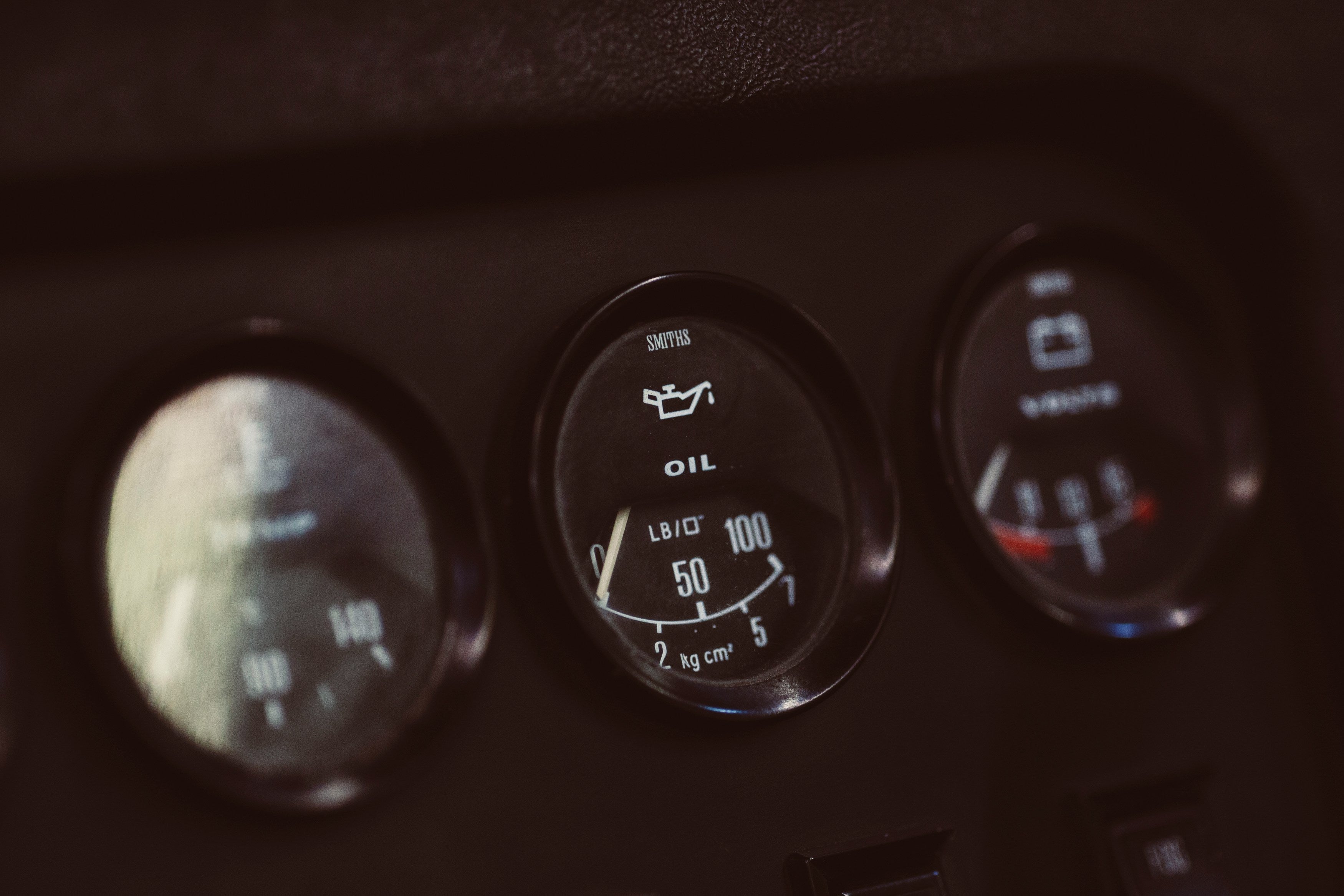Changing your engine oil isn't just a routine maintenance task; it's one of the most important steps to prolong your vehicle's lifespan. But many drivers still have questions about how often to change their car's oil and how to know when it's time. In this post, we provide clear answers, concrete examples, and helpful tips to avoid costly breakdowns.
How often should you change your car's oil?
How many kilometers should the oil be changed?
It depends on the type of oil and the car, but as a general rule:
- Synthetic oil: every 15,000 to 30,000 km.
- Semi-synthetic oil: between 10,000 and 15,000 km.
- Mineral oil: every 5,000 to 10,000 km.
Always consult the manufacturer's manual . Some modern cars even automatically notify you when it's time to shift gears.
How long can you go without changing the oil?
Time also counts, even if you don't drive many miles. It's recommended to change your oil at least once a year, even if you barely use your car. Oil degrades over time, not just with use.
What factors affect oil change frequency?
Several factors influence how often to change car oil, such as:
- The type of driving : short journeys or frequent starts accelerate degradation.
- Extreme weather conditions : Extreme cold or heat affect the viscosity of the oil.
- Engine condition and mileage : the older the engine, the more demanding its maintenance.
- Type of oil used : Synthetics last longer, but also cost more.
What happens if I don't change my car's oil on time?
Skipping an oil change may seem harmless at first, but the medium- and long-term consequences for your engine can be very serious.
What is the maximum delay for the change?
You should never exceed twice the recommended interval. If your car requires a change every 15,000 km, going beyond 30,000 km without doing so poses a high risk.
What are the risks of not changing the oil?
- Premature engine wear.
- Loss of power.
- Increased fuel consumption.
- Possible serious breakdowns (engine seizure, filter blockage).
In short, cheap can be very expensive.
How do I know if my car needs an oil change?
There isn't always an alert on the dashboard, so it's a good idea to be alert for certain symptoms.
Common signs that the oil is degraded
- Metallic noise when starting or running.
- Blue or darker smoke from the exhaust.
- Abnormal fuel consumption.
- The oil light flashes or stays on.
Can I check it myself?
Yes. You just need:
- Park the car on level ground with the engine cold.
- Remove the dipstick, wipe it clean, reinsert it, and remove it again.
- Observe the level (it should be between the minimum and maximum indicators) and the color (if it is black and dense, it is degraded).
If you're not sure, a trusted workshop can do the checkup in just a few minutes.
Oil Types: Does the Type Affect the Drain Interval?
Definitely yes. The type of oil has a direct impact on how often you change your car's oil.
Mineral, semi-synthetic, or synthetic: which lasts longer?
- Mineral: The cheapest, but it degrades quickly. Ideal for very old cars.
- Semi-synthetic: intermediate option, good performance and moderate price.
- Synthetic: Greater durability and protection. Perfect for modern engines.
Synthetic oil can last up to three times longer than mineral oil, so the investment pays off in the long run.
How often should the oil filter be changed?
The oil filter should be changed every time you change the oil . There's no point in using new oil if the filter is clogged with debris. Its function is to trap impurities, and if it's not replaced, those impurities will return to the engine.
Do you have any doubts about whether your car is up to date? Take the opportunity to check your hazard lights as well. Remember that starting in 2026, it will be mandatory to carry a connected V16 hazard light, such as Help Flash IoT , which allows you to signal without leaving your car and automatically connects to the DGT (Directorate-General for Traffic).
If you want more helpful tips for your car, keep reading our articles on smart maintenance.






